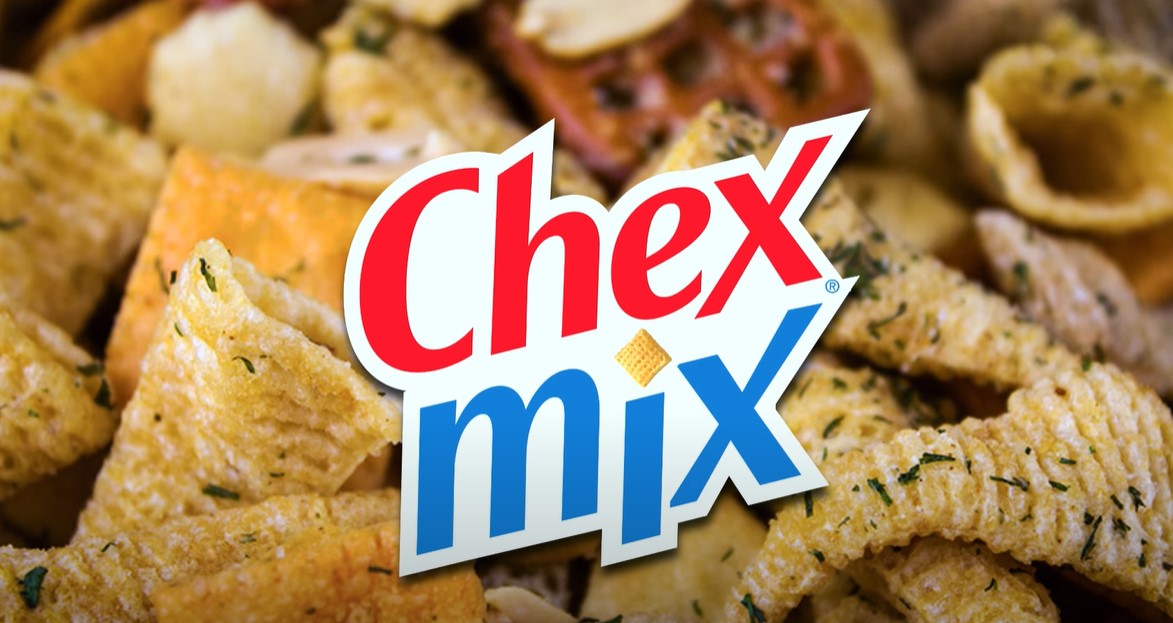Chex Mix Nutrition Facts
Chex Mix nutrition facts weave a compelling tapestry of tastes and textures that goes beyond its savory surface. Journey with us as we uncover the enigmatic blend of nutritional values hidden in this crunchy, crowd-pleasing snack, with revelations that will make you reach for another handful of information.
Chex Mix is a popular snack enjoyed by many for its unique blend of tastes and textures. This article delves into the nutritional facts of Chex Mix, providing a comprehensive overview of its ingredients, calorie content, and health implications. Whether you’re a fan of the traditional flavor or enjoy the many varieties available, understanding the nutritional value of Chex Mix can help you make informed dietary choices.

Introduction
Chex Mix, known for its crunchy and savory taste, is a versatile snack that combines various ingredients like pretzels, corn Chex, wheat Chex, rye chips, and mini breadsticks. It’s a favorite at parties, during game nights, or just as a casual snack. But what exactly are you consuming when you indulge in a handful of Chex Mix? This detailed guide breaks down the nutrition facts of Chex Mix, helping you understand its calorie count, macronutrient distribution, and other important dietary information. Let’s explore the nutritional landscape of this beloved snack!
Nutritional Overview
Traditional Chex Mix (Serving Size: 1/2 cup, 29g)
- Calories: 120
- Total Fat: 4g (5% DV)
- Saturated Fat: 1g (5% DV)
- Trans Fat: 0g
- Cholesterol: 0mg (0% DV)
- Sodium: 210mg (9% DV)
- Total Carbohydrates: 20g (7% DV)
- Dietary Fiber: 1g (4% DV)
- Sugars: 2g
- Protein: 2g
- Vitamins and Minerals: Minimal amounts of Vitamin A, Vitamin C, Calcium, and Iron
Traditional Chex Mix (Serving Size: 1 small bag, 1.75 oz)
- Calories: 210
- Total Fat: 6g (9% DV)
- Saturated Fat: 1g (5% DV)
- Trans Fat: 0g
- Cholesterol: 0mg (0% DV)
- Sodium: 430mg (19% DV)
- Total Carbohydrates: 37g (12% DV)
- Dietary Fiber: 2g (7% DV)
- Sugars: 4g (Includes 3g Added Sugars)
- Protein: 4g
- Vitamins and Minerals: Minimal amounts of Vitamin D, Calcium, Iron, and Potassium
Macronutrient Breakdown
Chex Mix is primarily composed of carbohydrates, which make up about 65% of its calorie content. The fat content accounts for approximately 29%, and protein contributes about 6%. This makes Chex Mix a high-carb snack, which can be useful for quick energy but may not be suitable for low-carb diets.
Macronutrient Composition
- Carbohydrates: 65%
- Fats: 29%
- Proteins: 6%
Health Considerations
Pros
- Low in Cholesterol: Chex Mix contains no cholesterol, making it a heart-friendly option.
- Portion Control: Individual packaging helps manage portion sizes and prevents overeating.
Cons
- High in Sodium: With 210-430mg of sodium per serving, Chex Mix can contribute significantly to daily sodium intake, which might be a concern for those with hypertension or heart disease.
- Added Sugars: Some varieties contain added sugars, which can contribute to unnecessary calorie intake.

Frequently Asked Questions
Is Chex Mix gluten-free?
No, traditional Chex Mix is not gluten-free due to the inclusion of wheat-based ingredients like wheat Chex and rye chips.
Can Chex Mix be part of a healthy diet?
Yes, Chex Mix can be part of a healthy diet if consumed in moderation and within the context of your overall nutritional needs. It’s important to be mindful of portion sizes and sodium intake.
What are the healthiest flavors of Chex Mix?
While all flavors have similar macronutrient profiles, opting for versions with lower sodium and fewer added sugars, such as the plain or traditional flavor, can be a healthier choice.
Conclusion
Chex Mix is a tasty and convenient snack, but like all foods, it should be enjoyed in moderation. Understanding its nutritional content can help you make informed choices that fit within your dietary preferences and health goals. Whether you enjoy it occasionally or as a staple in your snack rotation, being mindful of its calorie, sodium, and sugar content is key to maintaining a balanced diet.

Read also: Cheddar’s Scratch Kitchen Nutrition Facts




